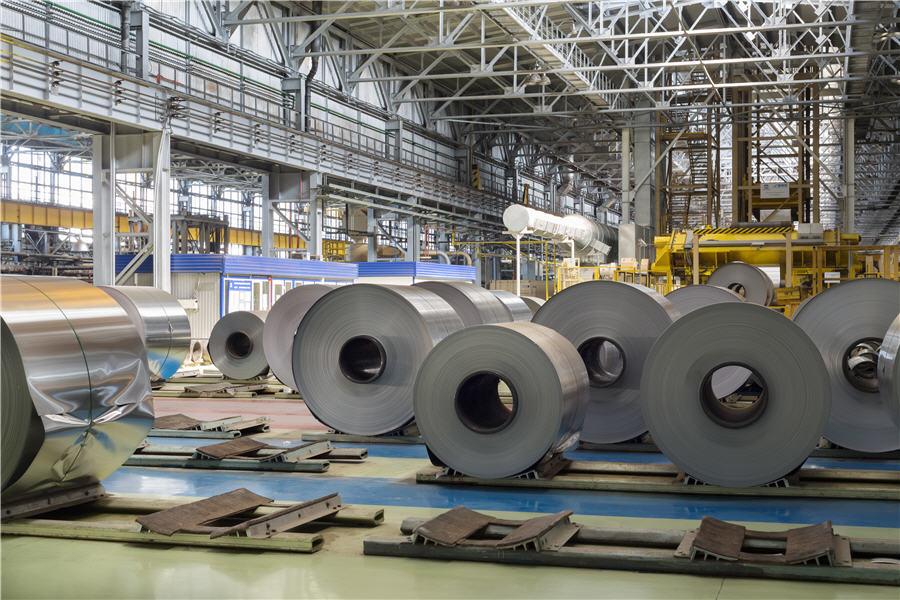
The London Metal Exchange is considering creating a new market for “green” aluminium, using warehouse ownership documents to identify low-carbon material instead of spinning off a new futures contract, its chief executive said on Wednesday.
The 142-year-old LME said last month it was in discussions with the metals industry over how to support the transition to a low-carbon economy, especially in aluminium.
The LME has rejected the idea of creating a new low-carbon primary aluminium contract because that would dilute trading volumes
“By Q1 of next year we want to define a clear route forward on green aluminium,” CEO Matt Chamberlain told Reuters on the sidelines of the Asia Copper Conference.
Primary aluminium is often a focus in the low carbon debate as electricity accounts for between 30%-40% of production costs.
More than half of global supply, estimated at around 67 million tonnes this year, is produced in China, where electricity is mostly generated by coal-fired plants.
The LME, the world’s oldest and largest market for industrial metals, has rejected the idea of creating a new low-carbon primary aluminium contract because that would dilute trading volumes, Chamberlain said.
“Let’s be clear, we will not split liquidity on the main contract,” he said.
Instead, the LME, along with the industry, is exploring the creation of different classes of LME warrants – ownership documents for metal stored in warehouses that are deliverable for LME contracts.
“You could well imagine a platform where warrants are endorsed with … the tonnes of CO2 per tonne of aluminium, and you go into the system and procure the aluminium with the characteristics that you want,” Chamberlain said.
One thorny and complex area is how to define low-carbon aluminium, but the LME will allow the industry to take the lead in that aspect, he added.
One industry figure the LME has held discussions with is EN+ Chairman Greg Barker, who wants the LME to identify how much carbon is embedded in metal traded on the exchange.
“The sensible thing to do would be to have that carbon disclosure and from that you can begin building a new asset class,” Barker told Reuters in an interview in London on Tuesday.
London-listed EN+ is the biggest shareholder of aluminium giant Rusal with a 50.1% stake.
Rusal, which produces 90% of its output using hydropower, launched a low-carbon brand two years ago, hoping some customers would pay a premium.
Chamberlain said another way to push forward the low-carbon initiative would be to create a new contract for scrap aluminium since processing recycled aluminium uses a fraction of the electricity of creating new metal.
That potential new scrap contract is one of several that may be launched next year by the LME, owned by Hong Kong Exchanges and Clearing Ltd., he said.
(By Shivani Singh, Pratima Desai, Veronica Brown and Eric Onstad; Editing by Kirsten Donovan)
Comments